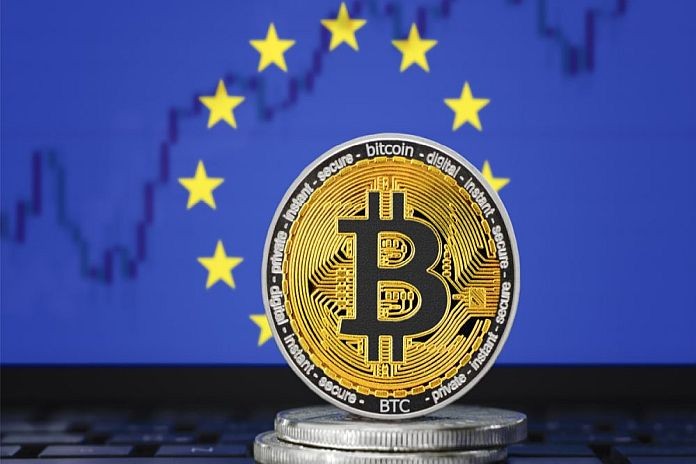By PYMNTS
European Central Bank executive board member Fabio Panetta said during a lecture in Rome that cryptocurrencies and digital assets won’t benefit society or the wider economy, according to a Bloomberg report Friday, December 10.
“There is no sign that crypto assets have performed, or are performing, socially or economically useful functions,” he said during his lecture. “They are not generally used for retail or wholesale payments, they do not fund consumption or investment, and they play no part in combating climate change.”
As central banks and regulators work to establish rules for cryptocurrencies, the ECB is one of several global authorities that’s exploring creating digital versions of their existing currencies.
Panetta says crypto-mining and related activities cause “huge amounts of pollution and damage to the environment,” and denounced their role in criminal financing and tax evasion.
“On the whole, it is difficult to see a justification for the existence of crypto assets in the financial landscape,” he said.
Last month, Panetta promised the digital euro wouldn’t be overwhelmed by other private payment types. The board is working with the European Commission on “a broad range of policy, legal and design questions” related to the digital euro.
Read more: ECB Board Member: Digital Euro Would Not Be Redundant
That includes what would happen if the currency is made legal tender across the continent, where euro coins and banknotes can be used to pay for goods and services in the region. The success of the digital euro will be based on its availability and its price, said Panetta.
He doesn’t see central bank digital currencies (CBDCs) like the digital euro as being redundant to credit cards, apps, stablecoins or other private payment options.
The bureau is in the middle of what it expects will be a two-year investigation into the viability of a digital euro.
See also: ECB Shuns Visa, Mastercard, PayPal for Digital Euro Advisory Panel
In October, the ECB announced the 30 people on its Market Advisory Group for its digital euro project. The group will advise the ECB on the design and distribution of a possible digital euro and consider how a digital euro could add value to the eurozone’s payments ecosystem.
Major US payment firms including Visa, Mastercard and PayPal weren’t included in the advisory group.





